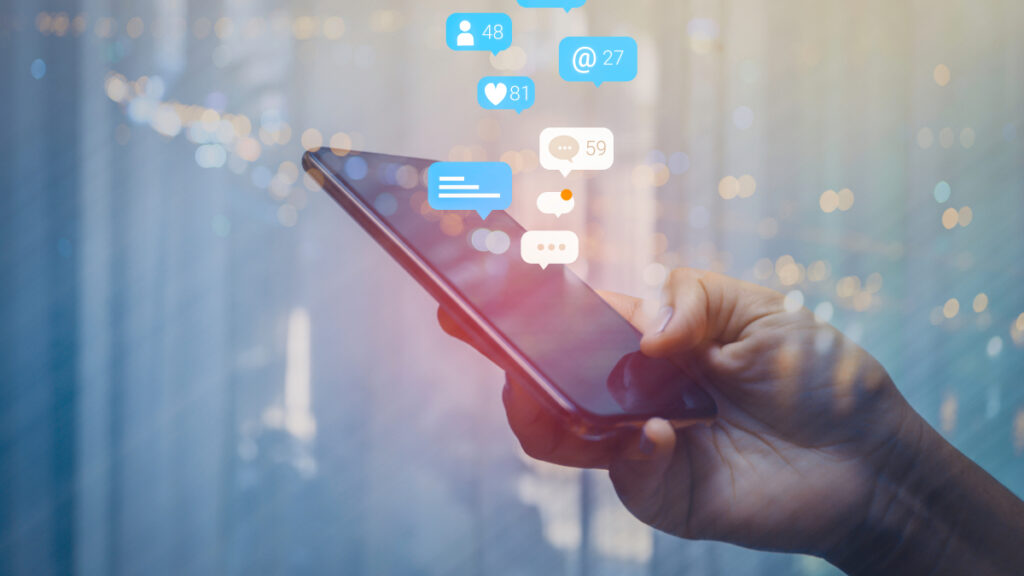In today’s world, it is hard to walk past a group of people without noticing at least 70% of them on their phones. Everyone is either on TikTok, Instagram, Facebook, or Twitter. I mean, that is where all the fun is supposed to be.
People spend time on social media to pass time and have a good laugh. However, it is without a doubt that social media has caused more harm than good. The effects of social media are never evident in a person’s life immediately, but as time goes on, the damage it has caused to one’s mental health becomes challenging to conceal.
Please do not get us wrong social media is a fantastic platform. At this age and time, everyone has at least one social media account. You can consider it a place to meet up with new individuals, learn, and try new things. However, there should be a limit on how you use social media. Hence, it does not harm your mental health.
Here are the adverse effects of social media on mental health;
Addiction
Excessive use of social media can lead to addiction. It will be tough for you to avoid monitoring social media. And when you become addicted to anything, it is difficult to break free. Consider someone addicted to smoking and how they experience withdrawal symptoms when they decide to quit. Addiction to social media is no different.
Comparing yourself with others
There is this weird feeling about wanting to live and be like people you have come across on social media. There is no harm in admiring someone or wishing your life was like that of your role model. But once it gets to a point where you become too obsessed about people on social media and the life you think they are living, then it becomes an issue which becomes mentally unhealthy.
Fear of missing out
While the fear of missing out has existed far longer than social media, sites like Facebook and Instagram amplify emotions that others are having more fun or enjoying better lives than you. The sense that you are missing out on some things may diminish your self-esteem, induce anxiety, and drive you to use social media even more. Fear of missing out may cause you to check your phone every few minutes for updates or to respond hurriedly to every alert, even if it means endangering your life while driving, losing sleep, or prioritising social media involvement above real-world connections. Which, of course, affects mental health.
Anxiety and depression
To be mentally healthy, humans require face-to-face contact. Nothing relieves tension and elevates your mood like making eye contact with someone who cares about you. The more you value social media interaction over in-person connections, the more likely you will acquire disorders like anxiety and depression.
Cyberbullying
Have you ever heard of cyberbullying? It is the act of bullying someone through the internet, specifically social media. Sending someone a threatening message or harassing them online can profoundly affect their mental state. And it is not news that cyberbullying has increased rapidly. Every day, someone is probably battling depression or anxiety because of what has been uploaded or sent to them through social media.
Distraction
Excessive social media usage can significantly distract you from school activities or work. You feel pressed to post about yourself regularly, to receive comments or likes on your postings, and to respond immediately and enthusiastically to your friends’ posts that you forget about the work pilling up for you or you have a test to turn in to your professor.
There is a long list of how much damage social media is causing and has caused in reality. Many might not be aware of this, but because we care about your health and well-being, we decided to explain a few adverse effects of social media on mental health.
Remember, your health is your wealth. Hence, we hope these tips are helpful for you to understand how social media affects mental health and what you should do to protect your mental health. You can always speak to a doctor with inquiries or concerns.

